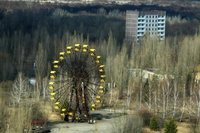
The laws of ecology, for the survival of the human species
Refusing the anthropocentric vision and respecting the laws of ecology is the only way to safeguard the future of our and all other species, Sea Shepherd President Paul Watson argues in this op-ed.






